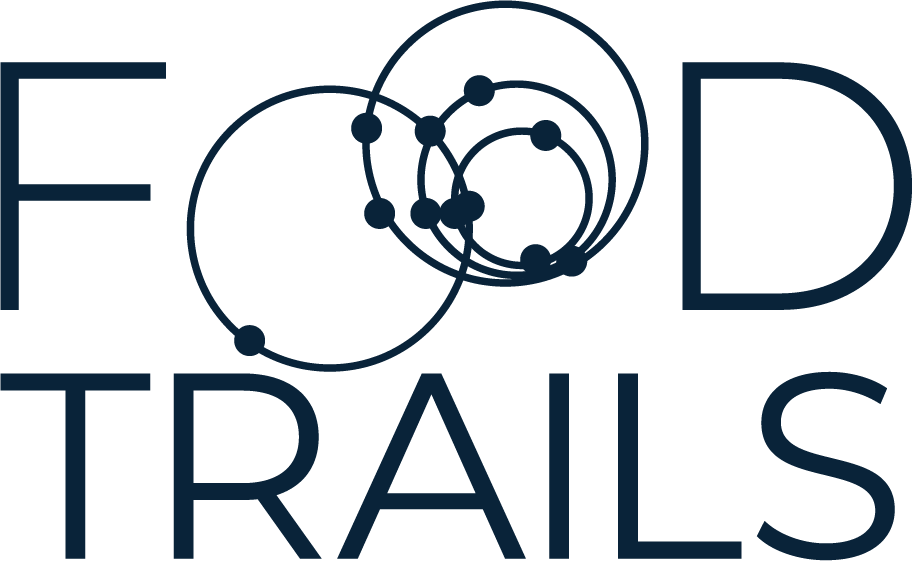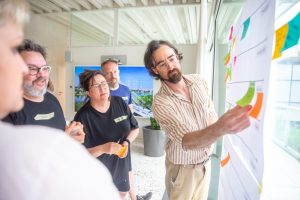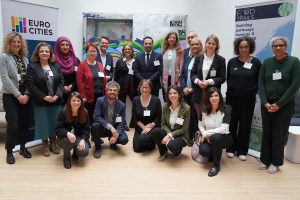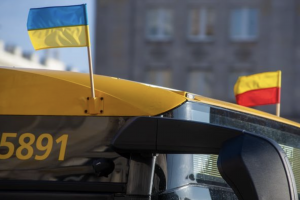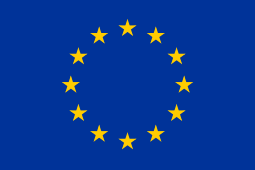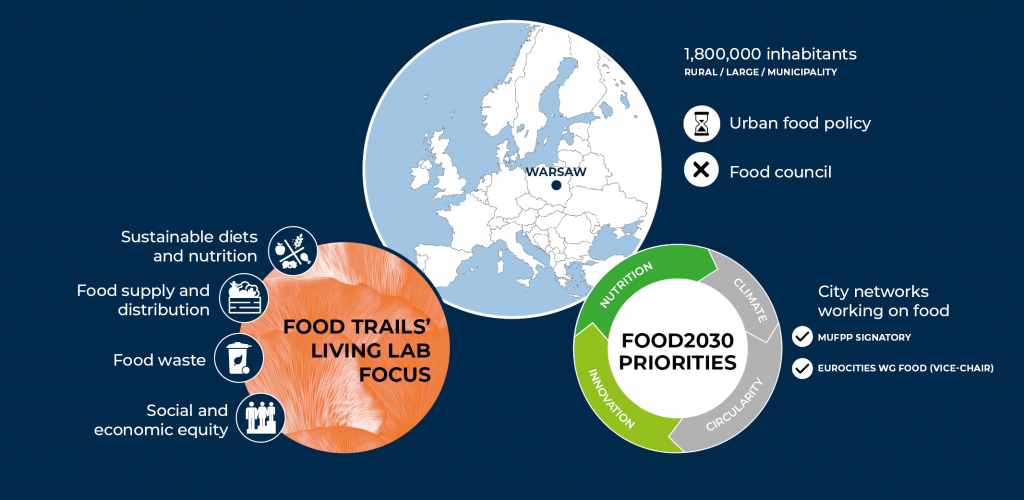
The Polish capital, Warsaw, is home to 1.8 million people within a greater metropolitan area of 3.1 million residents. The city has been a major hub for transport, tourism and industry in Poland and the European Union since the country’s ascension to the bloc in 2004.
The City of Warsaw has been addressing nutrition challenges in primary schools for the last ten years thanks to the campaign “I know what I eat” dedicated to eight- and ten-year-old children. This educational programme raising awareness about the significance of healthy diets has evolved within the last few years to also address the children’s parents and the school culinary staff.
After having signed the Milan Urban Food Policy Pact (MUFPP) in 2015, the city decided to broaden its activities related to food issues. Since 2019 Warsaw has been the Vice Chair of the Eurocities Working Group Food. In 2021 it launched its urban Food Policy, based on the city food system and as part of the Warsaw 2030 strategy.
Within the Food Trails Project, the city has planned to establish a Living Lab dedicated to food waste. It will also create a related ecosystem of solutions under the motto “technology first”, developing new business models, trends, habits and regulations. Warsaw’s value propositions are focused on food waste reduction, the development and reinforcement of food aid channels, and donation and distribution mechanisms.
Warsaw’s actions in Food Trails will:
– reduce food waste and prevent and manage surplus food by targeting small restaurants;
– encourage sellers to recover food surplus for other users (e.g. NGOs);
– favour more responsible shopping and consumption behaviour.
The consequences of the war in Ukraine and the refugee crisis in Warsaw led the city to change and adapt the focus of its Living Lab. To address the food needs of Ukrainian refugees, Warsaw’s Food Trails pilot now focuses on food access and distribution and the optimization of food aid channels.
Read more here.
